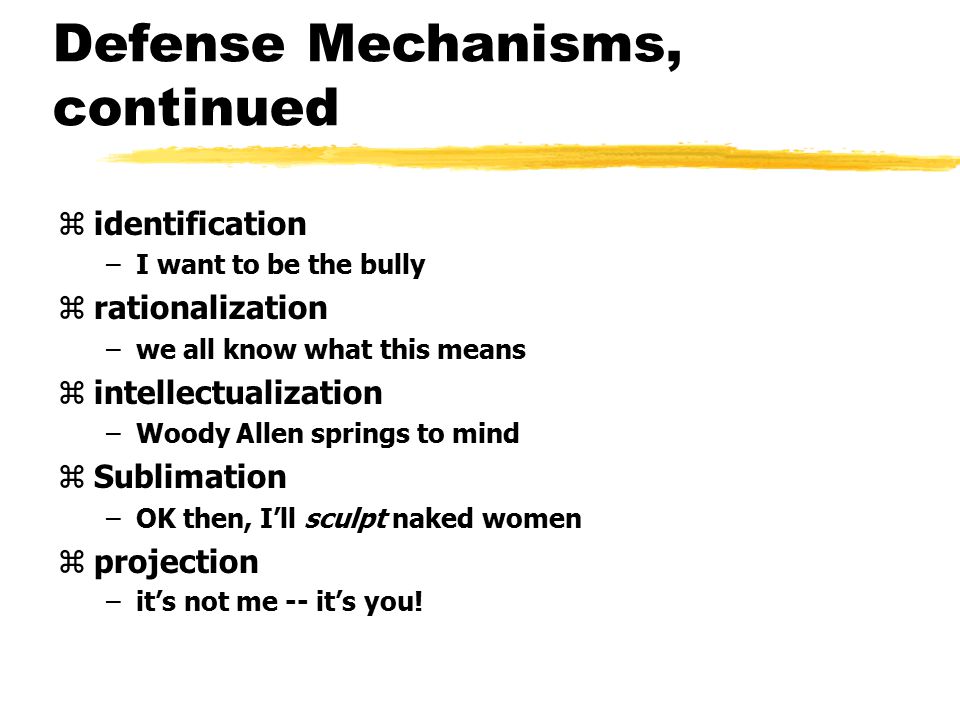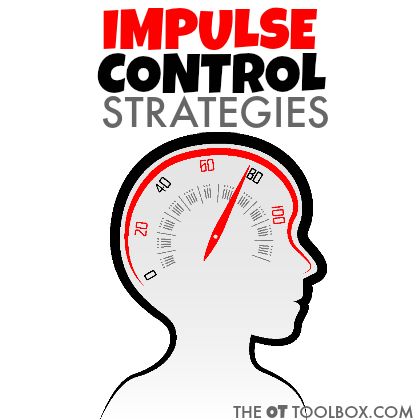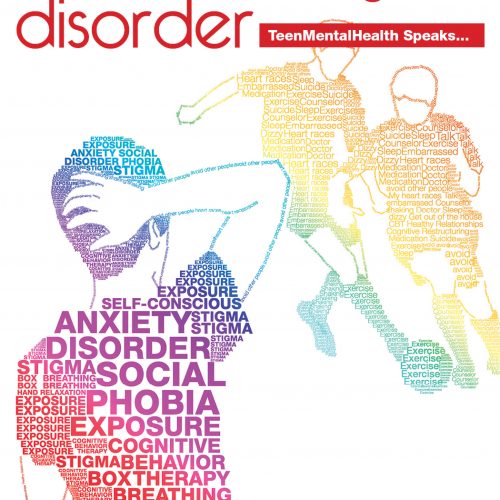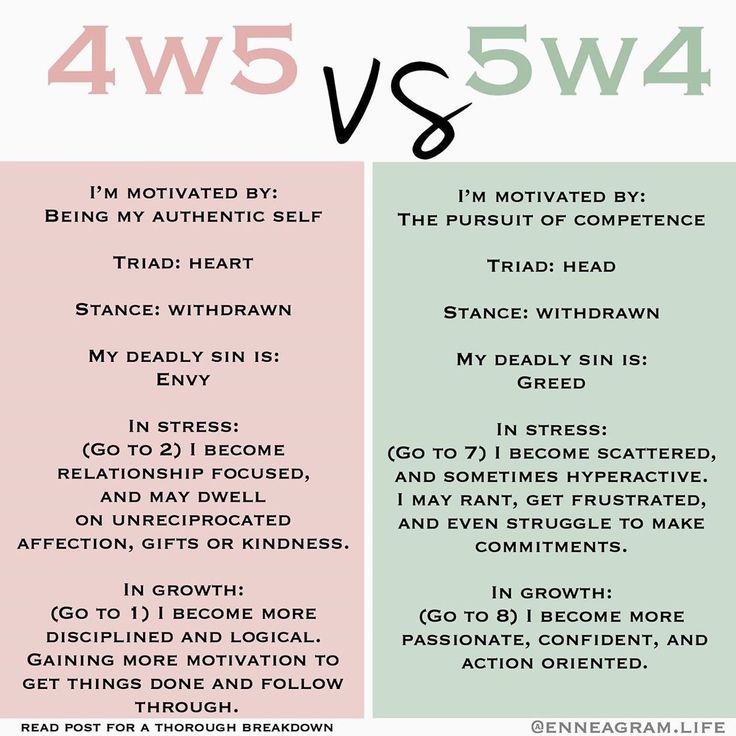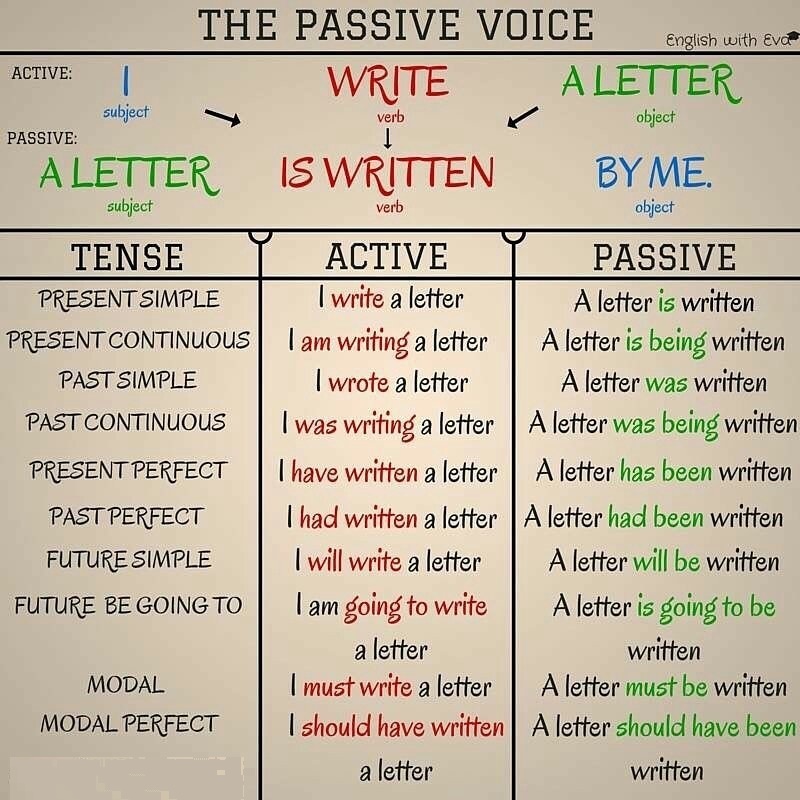Betterhelp find a therapist
7 Insider Tips on Finding the Best BetterHelp Therapist
- Best Online Doctor
- Best Online Therapy
- Best Online Psychiatrist
- Online Therapy FAQ
- Getting the Most out of Online Therapy
- BetterHelp vs Talkspace
- BetterHelp Reviews
- Roman Reviews
- Wisp Reviews
- Hims Reviews
- Hers Reviews
- Best At Home STD Test
- Best Food Sensitivity Test
- Best DNA Health Test
- Best Microbiome Testing
- Best Heavy Metal Testing
- Best At Home Thyroid Test
- Everlywell Reviews
- myLAB Box Reviews
- Lets Get Checked Reviews
- STDcheck Reviews
- Viome Reviews
- Thryve Reviews
- SelfDecode Reviews
- Mira Reviews
- InsideTracker Reviews
- Keeps vs Hims
- Keeps Reviews
- MDHearingAid Reviews
- Hims ED Review
- Ritual Vitamins Reviews
- Candid Reviews
- BlueChew Reviews
- Tru Niagen Reviews
- ScalpMED Reviews
- Hair Club Reviews
- Best Invisible Braces
- Best Hair Loss Treatments for Men
- Best CBD Oil
- Best Delay Spray
- BlueChew Free Trial
- Skeletal
- Muscular
- Cardiovascular
- Digestive
- Nervous
- Respiratory
- Urinary
- Integumentary
- Nutrition Guide
- The 10 Best and Worst States for Telehealth
- Cities With Highest STD Rates
- Most Vulnerable States in a COVID-19 Pandemic
- Coronavirus Stimulus Package Analysis by State
- STD Statistics By State
Search Term
Our insider tips help you nail the most important step in optimizing your BetterHelp therapy
By: Nicole Arzt, MS, LMFT
Last Updated: Jan 3, 2023
When it comes to successful therapy on BetterHelp or anywhere else, the right professional is paramount in helping you feel safe and comfortable in your work. Therapy entails a combination of listening, guiding, and offering practical solutions for change. It’s vulnerable work, and you won’t mesh with everyone.
Though the BetterHelp platform does a good job of providing the tools that facilitate working with the right therapist (read our full review for more detail about how BetterHelp works), the overall process can be overwhelming as you weigh various factors. How do you make the most of BetterHelp’s algorithmic matching process? What if you want more control over the process? How can you tell when it’s time to change therapists? And if you need support now, how do you make that quick decision?
From extensive testing and experience administering therapy, we’ve put together this list of the top 7 insider tips that will help.
Our Top 7 Tips
Tip #1: Answer the screening questions appropriately
Tip #2: Consider the therapist qualities that matter to you
Tip #3: Assess your top treatment priorities
Tip #4: Answer the “what brings you here” section thoroughly
Tip #5: Understand the limitations of the first session
Tip #6: Listen to your intuition
Tip #7: Roll up your sleeves and choose your own BetterHelp therapist
Now let’s get into what you need to know!
Tip #1: Answer the screening questions appropriately
When you first sign up for BetterHelp, you’ll answer several questions about your current needs and physical and emotional health.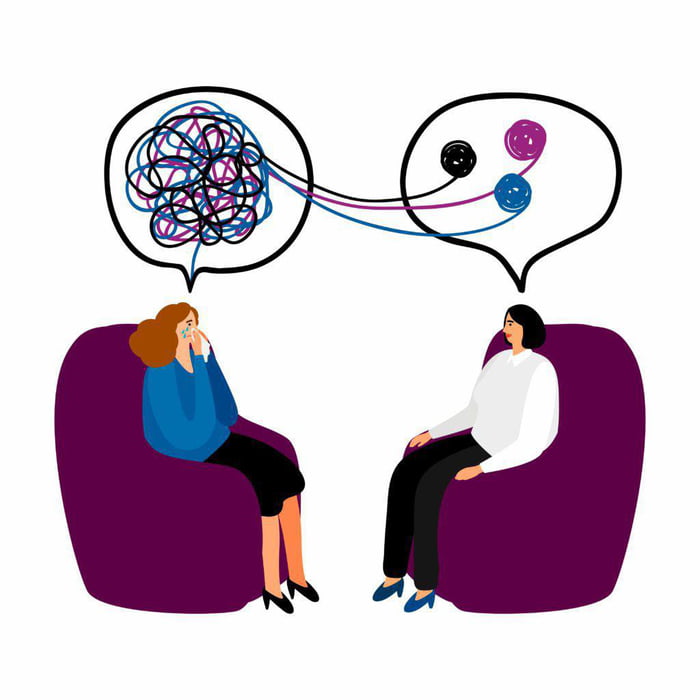 At first, this screening questionnaire may seem daunting. Becoming aware of your own struggles can be painful!
At first, this screening questionnaire may seem daunting. Becoming aware of your own struggles can be painful!
With that in mind, your answers will help your therapist understand your specific needs and difficulties. For example, a client struggling with chronic pain usually has a different set of goals than a client struggling with unemployment.
Even if you feel embarrassed or ashamed, try to answer each question honestly. Successful treatment often depends on your willingness to be forthcoming and authentic. Remember that good therapists won’t judge you; they simply want to understand who you are and what you need.
Tip #2: Consider the therapist qualities that matter to you
After answering the initial screening, you can indicate if you have any particular therapist preferences. These preferences are personal to you, so take a moment to reflect on what you need to feel more comfortable.
For example, some clients prefer to work with a same-sex clinician or someone closer to them in age. Others might benefit from working with someone who shares their religious beliefs.
Others might benefit from working with someone who shares their religious beliefs.
When determining your preferences, keep in mind that there are no right or wrong answers. Your safety remains the greatest priority, so make sure you honor that integral need.
Additionally, you can change your preferences at any point. After BetterHelp matches you with a therapist, you may request a switch if you want to work with someone else.
Tip #3: Assess your top treatment priorities
After selecting your preferences, BetterHelp will ask you to determine your therapy goals. The site provides a master list detailing specific issues like depression, grief, self-esteem, eating, relationships, and more. Take a few moments to think carefully about them and then rank each issue as most important, somewhat important, or least important.
If you’re not sure how to rank a particular topic, ask yourself:
- How much distress does this issue cause me on a daily basis?
- What could happen if this issue progressively worsens?
- How does this issue impact other parts of my mental or physical well-being?
It’s normal to want to address various issues when seeking professional support. Likewise, therapy is a fluid and collaborative process. You may tackle a variety of topics in your work. Consequently, if new stressors emerge, your therapists may adjust your treatment to address the current areas of concern.
Likewise, therapy is a fluid and collaborative process. You may tackle a variety of topics in your work. Consequently, if new stressors emerge, your therapists may adjust your treatment to address the current areas of concern.
However, it helps if you prioritize your most essential needs before starting treatment. This prioritization supports BetterHelp in determining the appropriate therapist match. It also ensures that you make the most out of each session.
Tip #4: Answer the “what brings you here” section thoroughly
This section allows you to share with your potential therapist details about who you are. Feel free to use as much detail as possible. The more information you provide, the better your therapist can assess your needs and develop an appropriate treatment plan.
Remember that you don’t need one specific reason to seek help. Many people seek therapy because they need support and compassion. Moreover, they want to share their feelings with someone who won’t judge them.
To make the most from this section, consider sharing information about:
- Any past experiences (both positive and negative) that you’ve had with therapy.
- Concerns you may have about therapy.
- Preferred mode(s) of communication (i.e., video chats, messaging, or phone calls).
- Pertinent issues that require immediate attention.
- Anything else that you would like a potential therapist to know about you.
More information is better than less information. The best time to start sharing lots of details is right now during BetterHelp’s matching process.
Tip #5: Understand the limitations of the first session
Your first therapy session might feel somewhat stiff and formal. This is fairly typical, a natural result of both you and the therapist getting acquainted. Your therapist needs to ask you questions about yourself and you might feel nervous about divulging such personal information at the outset.
Even though a connection isn’t instantaneous, that doesn’t mean things won’t improve. With time, therapy typically feels more comfortable. Despite the initial awkwardness, some positive signs include feeling:
With time, therapy typically feels more comfortable. Despite the initial awkwardness, some positive signs include feeling:
- Comforted that your therapist really wants to know who you are.
- Validated about your fears or struggles.
- Safe while answering their questions.
- Reassured that things can get better.
- Hopeful and encouraged after the end of the session.
You may need to try another one or two sessions before making a determination about whether you’ve found the right therapist. If you’re not sure how to proceed, consider discussing your concerns with your therapist. They want to make sure you’re getting the best care for your needs, whether that means you’re working with them or with someone else.
Tip #6: Listen to your intuition
This is your growth process, and your feelings and needs matter. Therapists have different styles and methods of intervening, and not all therapists work well with each client. You may want to reassess your therapist if you experience:
You may want to reassess your therapist if you experience:
- Dread before or during sessions.
- The sense that your therapist doesn’t listen to you.
- Stagnation that doesn’t seem to have a clear resolution.
- Harsh judgment in any sense.
- Boundary issues (i.e, your therapist doesn’t act like a professional).
- Constant scheduling or cancellation issues.
- Pressure into talking about certain topics or doing certain things.
On BetterHelp, you can switch therapists at any time and for any reason. Pay attention to what your gut tells you. You deserve to feel comfortable and supported during this vulnerable work.
Tip #7: Roll up your sleeves and choose your own BetterHelp therapist
Though it’s certainly possible for BetterHelp’s algorithm to provide a match that’s just as good as – or even better than – what we’d select for ourselves, some people who use BetterHelp want more control over the therapist matching process.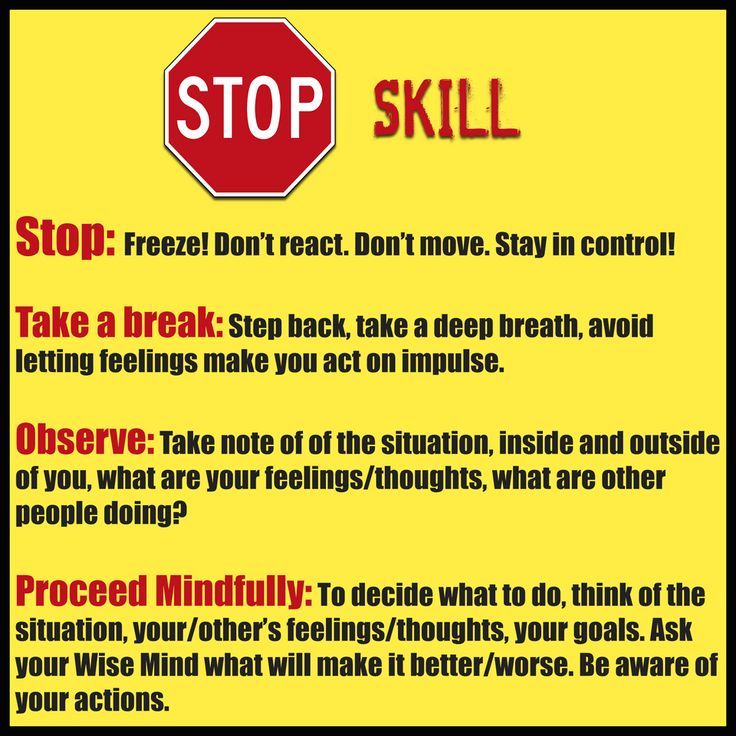
Be honest with yourself as a first rule. If you believe you’ll be able to open up more from the start by having more control over your initial therapist match, then this insider tip is just for you. You can avoid the algorithmically derived matching and choose your own BetterHelp therapist if you look for an easily overlooked link on the BetterHelp website.
If you go to the BetterHelp website on any device and then scroll to the bottom of the page, you’ll find a footer link that says “Find a Therapist”. Clicking that link, you can specify your location in order to find a list of BetterHelp therapists from which to choose.
The list defaults to 20 people at a time, but clicking your browser’s refresh button will show you additional therapists.
Choosing your own therapist in this fashion allows you to examine how therapists describe themselves and what information they reveal in terms of background, professional specialties, and personal interests. In addition to the preferences you could consider during BetterHelp’s standard matching approach (e. g., gender, age, and religious/spiritual beliefs), you’ll subsequently have additional considerations to explore:
g., gender, age, and religious/spiritual beliefs), you’ll subsequently have additional considerations to explore:
- Do you get a good feeling from how the therapists talk about themselves?
- Is there any overlap between a therapist’s personal interests and your own?
- Do you feel that a therapist’s professional specialties align well with your needs?
- Sometimes you can get a small taste of personality from somebody’s writing. In the therapist’s written style, is there a level of professional polish or approachability that you find appealing?
- What kind of professional background and training would make a therapist best-equipped to help you? This is a tricky subject. With so many credentials and titles in therapy, most people do not know how to make sense of all of them. Are you better off with a psychologist, a marriage and family therapist (LMFT), a licensed mental health counselor, or someone with a different title? We’ve got a separate guide that will help you demystify all of the therapist titles.

As with BetterHelp’s standard approach to matching, this insider’s tip for choosing your own BetterHelp therapist requires that you take the appropriate time to reflect on your needs, priorities, and preferences. Be honest with yourself because you deserve the best match possible.
Final Thoughts
Finding the right therapist on BetterHelp may involve some trial and error. Many therapists agree that a positive therapeutic relationship is the most significant factor in treatment, so give the process as long as you need until you settle on the right match. BetterHelp makes it easy to switch therapists for a reason.
If you opt for the standard matching process on BetterHelp, making yourself as much of an open book as possible during the questionnaire will help. Also, don’t ever hesitate to raise concerns with your therapist. Take the time to assess how your therapy is progressing. The one thing to avoid is avoiding the subject.
Read this next
BetterHelp Review: Should you try this online therapy?
By: Katie Reseburg
Our expert review shares everything about BetterHelp online counseling, from messaging and live sessions to counselor qualifications and pricing.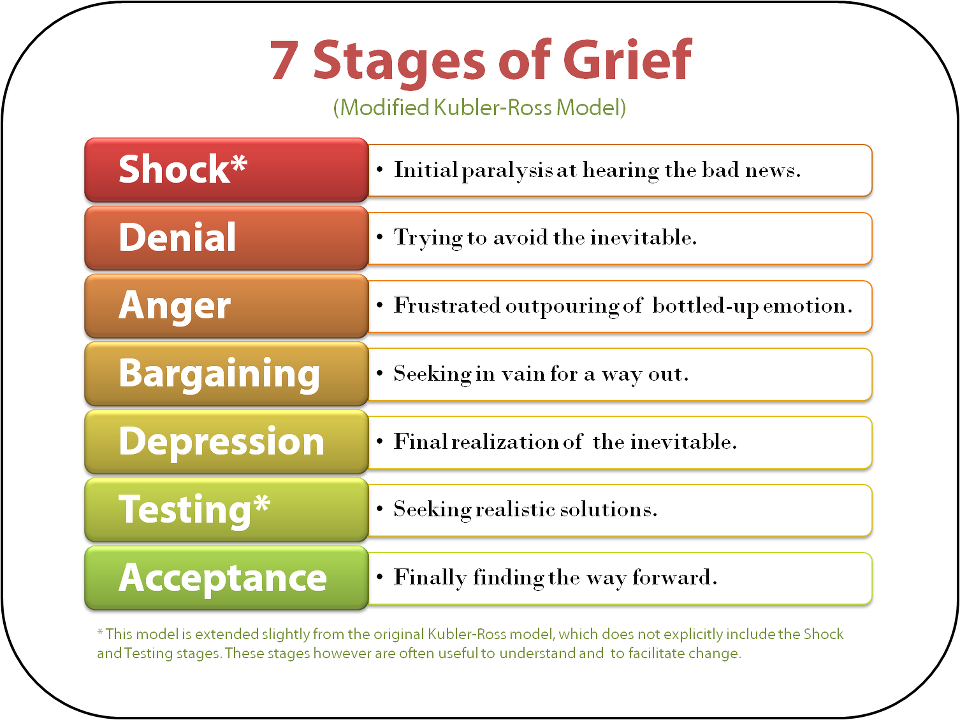
BetterHelp vs Talkspace: Who’s best for online therapy?
By: Daniel Imperiale
As online therapy gains popularity, people face a big question: BetterHelp vs Talkspace? Our 2023 analysis helps you choose.
Back to top
BetterHelp: Reviews and Costs in 2023
Looking for an affordable and accessible online counseling platform? BetterHelp is a convenient virtual therapy option for people who want to interact with a counselor through their choice of live video, phone, or chat sessions.
BetterHelp Plans at a Glance
Individual Counseling
- Communicate one-on-one with a therapist
- Message, chat, phone, and video sessions available
Visit Site
Couples Counseling
- Available through specialty site ReGain
- Develop communication, financial, and conflict-resolution skills
Visit Site
Teen Counseling
- Available through specialty site Teen Counseling
- Learn coping skills and get mental health support
Visit Site
BetterHelp is the largest online therapy platform with an extensive network of over 25,000 licensed therapists throughout the United States. It made our pick for the best customer experience in our review of the best online therapy programs of 2023.
It made our pick for the best customer experience in our review of the best online therapy programs of 2023.
BetterHelp online therapy is a great option for people seeking affordable therapy, especially if they don’t have insurance. It’s also helpful for people with mobility issues, busy schedules, and people located in areas where there aren’t enough therapists to meet local demand. But is BetterHelp worth it compared with other online therapy companies?
We decided to put BetterHelp to the test. Our online therapy reviews team evaluated the platform by signing up, trying to find a therapist that fit their preferences, investigating its billing practices, comparing it with other teletherapy services, and reading customer reviews to see what people did and didn’t like about it. Our BetterHelp review will cover everything you need to know to decide whether BetterHelp is right for you.
Use BetterHelp promo code "everydayhealth" for 15 percent off your first month.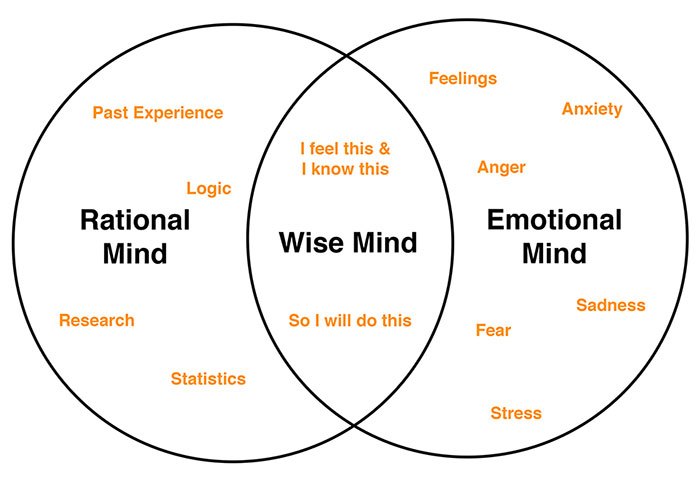
Pros and Cons of BetterHelp Online Therapy
Pros- Extensive network of over 25,000 therapists
- Can preview the software and your therapist match before subscribing
- Communication available online or through the mobile app, which is compatible with iOS and Android
- Financial aid available for those who qualify
- No long-term contracts; cancel anytime
- Upfront pricing
- Does not accept insurance
- Does not accept Medicare or Medicaid
- Counselors cannot diagnose mental health conditions
- No access to an MD for prescription needs
How Does BetterHelp Work?
BetterHelp is an online counseling platform that connects users with a licensed, experienced therapist for remote teletherapy sessions. Virtual visits are conducted on your time and in the convenience of your home, car, or wherever you like via live video, phone, or chat sessions.
BetterHelp works for those looking for general mental health counseling or therapy for a diagnosed mental health disorder. How long you stay with BetterHelp depends on your mental health needs, budget, and lifestyle. This could equate to a few weeks, a few months, or an extended period of several months. According to our reviews team’s April 2022 survey of 1,000 online therapy users, most BetterHelp customers (38 percent) used the service for four to eight months. Of the rest, 24 percent used it for eight to 12 months, 23 percent used it for four months or less, and 15 percent used it for at least one year.
You can access the BetterHelp platform via its website or its mobile app, which you can use to manage your account, schedule appointments with your online therapist, and contact customer service.
Therapy Session FormatThe weekly subscription cost for BetterHelp online therapy includes unlimited messaging and one live chat, phone, or video session per week, which gives you the freedom to choose the telehealth format that works best for you.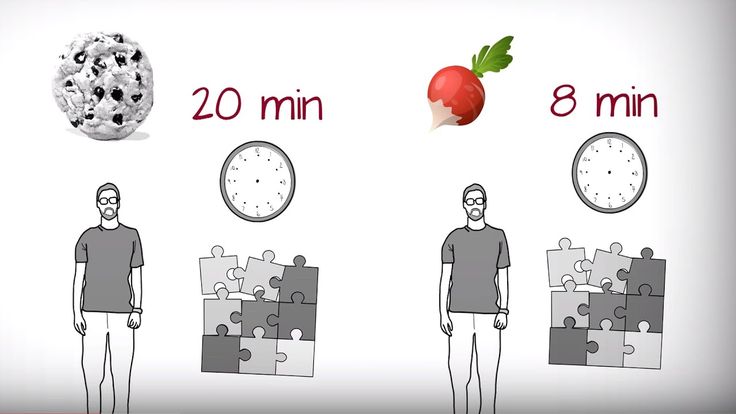 Some people change the format each week depending on their mental health needs.
Some people change the format each week depending on their mental health needs.
In general, each live session lasts about 30 to 45 minutes. The exact session length will be determined by both you and your therapist, though BetterHelp confirmed with our reviews team that the average session length is 30 minutes.
Unlimited MessagingWith BetterHelp online therapy, messaging is not a real-time form of communication like video is. Instead, it works like email. It’s available 24 hours a day, but that doesn't mean your BetterHelp counselor will respond right away. In fact, according to our reviews team’s online therapy survey, only 50 percent of BetterHelp users received a response within a day. Of the rest, 17 percent received responses within a few days, 25 percent received responses within a week, and 8 percent said it regularly took more than a week for their therapist to respond. Your therapist will work with you to establish when and how often they will reply to messages.
You will receive an email when your counselor sends you a message. Messaging can be a convenient feature between live video, phone, or chat sessions when you have a quick question or need to check in with your therapist. It also creates an ongoing conversation you can reference at any time.
If you are concerned about your privacy, it may be useful to know that BetterHelp also allows you to “shred” messages you send to your therapist. Once shredded, it will no longer be visible in your account. You cannot delete messages from your therapist.
Live ChatThe live chat feature on BetterHelp's online therapy platform is a lot like text messaging. You will be in a private, secure online therapy room with your BetterHelp counselor, and you’ll both be able to type questions and responses. Live chat can be a good option for users who prefer text over live video or phone sessions, especially if they are concerned about privacy.
Plus, you can always go back and read over the conversation, since the chat session will remain in the therapy room until you cancel your subscription.
You can schedule a live phone session with your counselor the same way you schedule a chat or video appointment on the BetterHelp app. Some people prefer the convenience and relative anonymity of this communication preference.
If you choose to speak with your therapist over the phone, you will log in to your therapy room at your scheduled time. Once logged in, your therapist will prompt you to start the phone session, and the system will request your phone number. The system will dial your number, and once you answer, it will connect you with your therapist to start the phone session. BetterHelp will not share your phone number with your therapist.
Live Video SessionsThe closest thing to an in-person counseling session is a live video appointment. As with chat and phone sessions, you need to schedule a video therapy session with your therapist. You will meet via video through your online counseling room. According to our reviews team’s online therapy survey, 66 percent of BetterHelp members used its video therapy option. The second most popular option was live chat, followed by phone therapy.
According to our reviews team’s online therapy survey, 66 percent of BetterHelp members used its video therapy option. The second most popular option was live chat, followed by phone therapy.
BetterHelp users are able to join group sessions called Groupinars, which are therapist-led educational seminars on different mental health-related topics. Once you sign up for a membership, you will have access to a calendar that displays the sessions and topics for the week, including communication skill-building, identifying unhealthy behaviors, and building resiliency, among others. The “chat” function is available, so you will be able to ask questions at any time. Therapists will either answer questions live or at the end during a Q&A session. Every Groupinar is recorded and available for registrants for one week after it’s hosted.
Compare BetterHelp With Other Online Therapy Options
| Cost | Accepts Insurance | Services | Age | |
| BetterHelp | $60–$90/week* | No | Video, phone, text, and unlimited messaging | 18+ |
| Talkspace | $69–$109/week | Yes | Video, text, and unlimited messaging; live workshops | 13+ |
| Calmerry | $57–$90/week | No | Video and unlimited messaging | 18+ |
| ReGain Counseling | $60–$90/week* | No | Video, phone, text, and unlimited messaging | 18+ |
| Pride Counseling | $60–$90/week* | No | Video, phone, text, and unlimited messaging | 18+ |
| Teen Counseling | $60–$90/week* | No | Video, phone, text, and unlimited messaging | 13–19 |
*Cost may be higher based on your preferences, location, and therapy availability.
About BetterHelp
BetterHelp was created by entrepreneur and investor Alan Matas after an unsuccessful attempt to find accessible and affordable professional therapy. According to the Substance Abuse and Mental Health Services Administration (SAMHSA) (PDF), 46 percent of people with an unmet need for mental health services did not receive treatment because they couldn’t afford it.
By May of 2013, Matas had created the first iteration of BetterHelp, a website focused on providing convenient, discreet, and affordable online mental health care for all. BetterHelp has since expanded and now owns specialty sites dedicated to helping specific audiences. ReGain offers counseling for couples, Teen Counseling offers counseling for teens ages 13 to 19, and Pride Counseling offers counseling for LGBTQ+ individuals.
What Is BetterHelp's Enrollment Process?
One of the advantages of the BetterHelp mental health subscription service is the straightforward enrollment process. This begins with a short questionnaire that took our reviews team an average of seven minutes to fill out. You can identify your areas of concern and provide input about lifestyle factors such as sleep habits, diet, stress, and energy levels, whether you’re experiencing depression or anxiety, and more. You also identify what you’re looking for in a counselor, such as a therapist experienced in trauma or grief, LGBTQ+ matters, anxiety, or depression.
This begins with a short questionnaire that took our reviews team an average of seven minutes to fill out. You can identify your areas of concern and provide input about lifestyle factors such as sleep habits, diet, stress, and energy levels, whether you’re experiencing depression or anxiety, and more. You also identify what you’re looking for in a counselor, such as a therapist experienced in trauma or grief, LGBTQ+ matters, anxiety, or depression.
During enrollment, you can choose between individual, couples, or teen counseling. If you choose couples therapy, BetterHelp will direct you to its specialty site ReGain, a mental health platform for couples therapy. If you choose teen therapy, it will direct you to its site Teen Counseling, a mental health platform for teens ages 13 to 19. Both Teen Counseling and ReGain are operated by BetterHelp.
BetterHelp Counselor MatchingYou can indicate your preference for a therapist of a specific age, gender, or someone LGBTQ+. BetterHelp then uses an algorithm to match you with a therapist and will send you an email once you’re matched. According to its FAQ page, it can take a few hours or a few days to get matched with a therapist on BetterHelp, depending on therapist availability. Your subscription won’t begin, and you don’t need to input any payment information until you are matched with a therapist and click the Subscribe button indicating that you want to start therapy.
BetterHelp then uses an algorithm to match you with a therapist and will send you an email once you’re matched. According to its FAQ page, it can take a few hours or a few days to get matched with a therapist on BetterHelp, depending on therapist availability. Your subscription won’t begin, and you don’t need to input any payment information until you are matched with a therapist and click the Subscribe button indicating that you want to start therapy.
If you feel the algorithmic approach did not provide a successful match, you can request to change counselors by selecting Change Therapist on your profile page.
You can also use the Find a Therapist feature on the BetterHelp website. Once there, you can search for therapists in your area. Your results page will include the names, bios, credentials, and experience of each potential therapist.
Types of Counseling Services BetterHelp Offers
BetterHelp does not focus on one particular style of counseling. Instead, it relies on the therapist to determine the best modality for your needs, whether you’re interested in online therapy for anxiety, depression, or any other mental health concerns. That said, all BetterHelp counselors have specialized training in specific types of counseling. Some of the more common treatment methods include:
That said, all BetterHelp counselors have specialized training in specific types of counseling. Some of the more common treatment methods include:
- Cognitive behavioral therapy (CBT)
- Mindfulness therapy
- Emotionally focused therapy (EFT)
- Solution-focused therapy
- Trauma-focused therapy
- Acceptance and commitment therapy (ACT)
- Motivational interviewing
- Dialectical behavioral therapy (DBT)
- Client-centered therapy
- Psychodynamic therapy
- Family therapy
BetterHelp will match you with a therapist based on your individual needs. BetterHelp therapists have a wide range of specialties, including:
- Anxiety
- Depression
- Relationship issues
- LGBTQ+ matters
- Trauma
- Anger management
- Stress
- Addiction
- Eating issues
- Family conflict
- Grief
- Sleep difficulties
- Career difficulties
- Coping with life changes
- Intimacy-related issues
Can BetterHelp Prescribe Medication?
No, BetterHelp therapists cannot prescribe medication.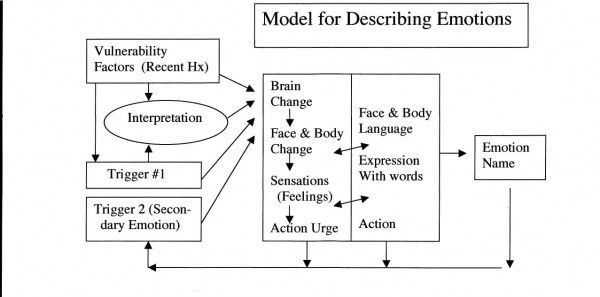 Though BetterHelp employs mental health professionals with master's and doctorate degrees, only psychiatrists, who hold medical degrees, can prescribe.
Though BetterHelp employs mental health professionals with master's and doctorate degrees, only psychiatrists, who hold medical degrees, can prescribe.
If you need online therapy that can prescribe medication, check out our Talkspace review and Brightside review.
Can BetterHelp Diagnose Mental Health Conditions?
No, Betterhelp therapists do not diagnose mental health conditions. Even though BetterHelp therapists are board-licensed mental health professionals with advanced degrees who are permitted to diagnose, BetterHelp does not authorize diagnosing through its platform.
How Much Does BetterHelp Cost?
The cost of a BetterHelp counseling subscription ranges from $240 to $360 per month, but BetterHelp notes that the cost will depend on your preferences, location, and the availability of therapists who are licensed in your state. You are required to pay upfront for your first four weeks and will be billed monthly thereafter. You can pay with a credit card or PayPal on a recurring basis.
Does BetterHelp Take Insurance?
BetterHelp does not accept private insurance, Medicare, or Medicaid. While BetterHelp does not bill insurance providers directly, you can download an itemized invoice to submit claims to your insurance for reimbursement. Your exact reimbursement will depend on your insurance coverage. Call the phone number on the back of your insurance card to see if your health plan will reimburse online mental health services before signing up. If you were hoping for BetterHelp insurance options to offset the cost of your therapy sessions, know that you may be eligible for financial aid.
BetterHelp alternatives that take insurance include Talkspace and Brightside.
BetterHelp Financial AidIf the cost of BetterHelp is an issue, consider applying for financial aid. BetterHelp offers financial assistance or a reduced weekly rate for those who qualify, including students, veterans, and those on subsidized government programs like the Supplemental Nutrition Assistance Program (SNAP). BetterHelp will prompt you to check your eligibility for financial aid before paying. The financial aid form can only be accessed by subscribers and includes questions about your employment status, monthly income, military status, and number of dependents.
BetterHelp will prompt you to check your eligibility for financial aid before paying. The financial aid form can only be accessed by subscribers and includes questions about your employment status, monthly income, military status, and number of dependents.
Once you submit your form, the next screen will show you the price you’ll be expected to pay as well as any discounts. Your discount will apply to your next three months, and you can reapply after that. BetterHelp will communicate with you over email when it’s time to reapply for financial aid. You can reapply as early as seven days before your financial aid expires.
BetterHelp Reviews From Real Customers
Our reviews team also looked at customers’ experiences with this mental health platform, checking both the Better Business Bureau (BBB) and Trustpilot.
At the time this article was published, BetterHelp had 4.06 out of 5 stars from BBB. It’s an accredited company but currently does not have a BBB rating. According to the BBB, they will not rate companies if there is an ongoing review or update on a business, or if they have insufficient information. BetterHelp had addressed 173 complaints over the last 12 months. Positive customer reviews mention the easy-to-use app, that it was simple to switch therapists, and the ability to make appointments that fits with their schedule. Several customer complaints referred to billing issues, subscription prices, and lack of contact with therapists. Some customers have also complained about difficulties connecting with customer service due to the lack of phone support. There are also complaints about counselors canceling appointments at the last minute.
BetterHelp had addressed 173 complaints over the last 12 months. Positive customer reviews mention the easy-to-use app, that it was simple to switch therapists, and the ability to make appointments that fits with their schedule. Several customer complaints referred to billing issues, subscription prices, and lack of contact with therapists. Some customers have also complained about difficulties connecting with customer service due to the lack of phone support. There are also complaints about counselors canceling appointments at the last minute.
BetterHelp gets 4.7 out of 5 stars on Trustpilot, with over 5,000 customer reviews at the time this article was published. Many Betterhelp therapist reviews are positive and note excellent customer service and satisfaction. Negative reviews mention billing problems and difficulty connecting with therapists. There are also complaints about the BetterHelp app not working properly.
“Great easy to use app. Was very fortunate to find a wonderful therapist to work with. Love the convenience of having after work and weekend appointments.”
Love the convenience of having after work and weekend appointments.”
— INES T., VERIFIED CUSTOMER (REVIEW FROM BBB.ORG)
“BetterHelp made it so easy to register and find a suitable therapist, and customer services were very quick to reply and willing to help. My therapist was really easy to connect with, she was non-judgmental and very empathic. I would recommend this service to anyone in need of a good listener, tools to tackle low mood and low self-esteem.”
— ASIYA Z., VERIFIED CUSTOMER (REVIEW FROM BBB.ORG)
“The first therapist I was seeing incorporated a method that was creating more frustration for me than it was solving. BetterHelp allowed me to easily switch therapists and I found one that makes me feel heard and validated, and is helping me. I’m very happy with this service and would very much recommend this site as a source of help.”
— CHELSEA F., VERIFIED CUSTOMER (REVIEW FROM TRUSTPILOT.COM)
“No customer service available.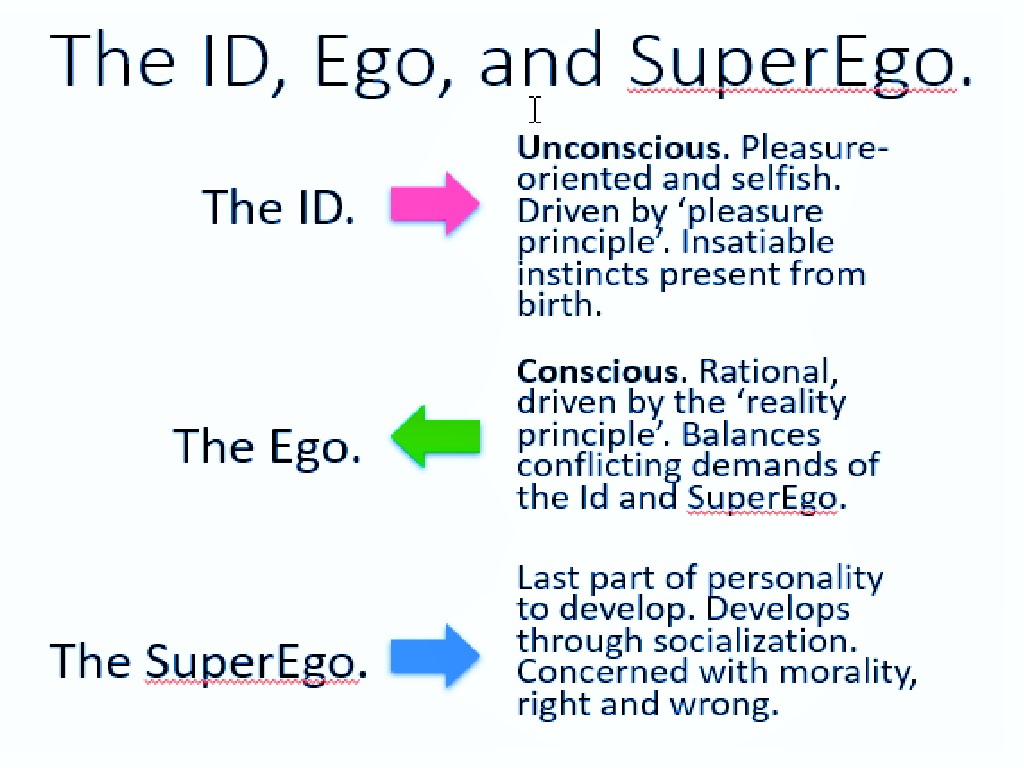 Took $64 out of my HSA without any counseling service provided. Canceled subscription before appointment and canceled appointment. I would like a refund but I haven't be able to reach anyone.”
Took $64 out of my HSA without any counseling service provided. Canceled subscription before appointment and canceled appointment. I would like a refund but I haven't be able to reach anyone.”
— MARY H., VERIFIED CUSTOMER (REVIEW FROM BBB.ORG)
How BetterHelp Protects Your Privacy
BetterHelp takes several steps to protect user privacy and confidentiality. Its FAQ page states that all communications with your therapist, including any messages in your chat room, are protected with 256-bit encryption, the same level of security banks use. BetterHelp also states that its databases are “encrypted and scrambled,” which means that even in the event of a data breach, the data is unusable. However, both BetterHelp and Talkspace were found to be sharing anonymized user data with Facebook, according to Consumer Reports.
In June 2022, Senators Elizabeth Warren, Cory Booker, and Ron Wyden, sent letters (PDF) to both BetterHelp and Talkspace requesting details about what type of information they share with third parties, how they protect users’ information, and how they convey the related policies and potential risks to their clients. In addition to the Facebook data-sharing, the letters also addressed BetterHelp sharing data with Mixpanel, a tool that helps companies understand how users interact with their products.
In addition to the Facebook data-sharing, the letters also addressed BetterHelp sharing data with Mixpanel, a tool that helps companies understand how users interact with their products.
BetterHelp has since clarified its privacy and data policies with our reviews team and addressed the letters, stating that it no longer works with Mixpanel or any other external analytics company. BetterHelp also clarified that it does work with Facebook, but it is not paid by any third-party advertiser, including Facebook, for data.
BetterHelp’s privacy policy states that it may share information about your activity on its website with third-party advertisers if you opt into targeting cookies and web beacons. BetterHelp verified that the company will never share your:
- Name
- Email address
- Phone number
- Diagnosis
- Questionnaire answers
- Session data
- Journal entries
- Messages
- Worksheets
- Any other communication with your therapist
You can adjust your privacy settings at any time.
Expertise of BetterHelp Counselors
BetterHelp counselors are experienced, licensed, accredited, and required to have at least three years of experience and a minimum of 1,000 hours of hands-on experience. They consist of psychologists (PsyD, PhD), clinical social workers (LCSW, LMSW), marriage and family therapists (LMFT), mental health counselors (LMHC, LCMHC), and licensed professional counselors (LPC).
BetterHelp therapists must be certified by their state’s professional board and hold a master's degree or doctorate in their field. Additionally, BetterHelp lists the therapists and their credentials, licensing information, and experience.
BetterHelp Customer Service
BetterHelp has a few communication channels available for you to ask any questions about potential membership or to escalate any concerns related to your account. You can:
- Email your concerns to [email protected].
- Fill out a form located on its website.
- Call its customer service line at 888-688-9296.

If you’re unsatisfied with your BetterHelp experience, you may be eligible for compensation. You can start the refund process by writing to [email protected] and explaining your situation, including why you aren’t satisfied and how much compensation you need. If accepted, BetterHelp will ask you to call a representative at 888-688-9296. BetterHelp provides refunds on a case-by-case basis.
If you’re wondering how to cancel your BetterHelp membership, first log in to your BetterHelp account. Navigate to the menu, select “My Account,” click “Payment Settings,” and then select “Quit Therapy.” You will receive a confirmation email from BetterHelp once it’s canceled. You need to cancel your membership before the next billing cycle to avoid being charged. If you’ve prepaid for unused appointments, you can contact BetterHelp customer service to see if you qualify for a refund, which is granted on a case-by-case basis.
If you’re on vacation, busy, or otherwise unavailable for therapy, you may be interested in temporarily pausing your BetterHelp membership.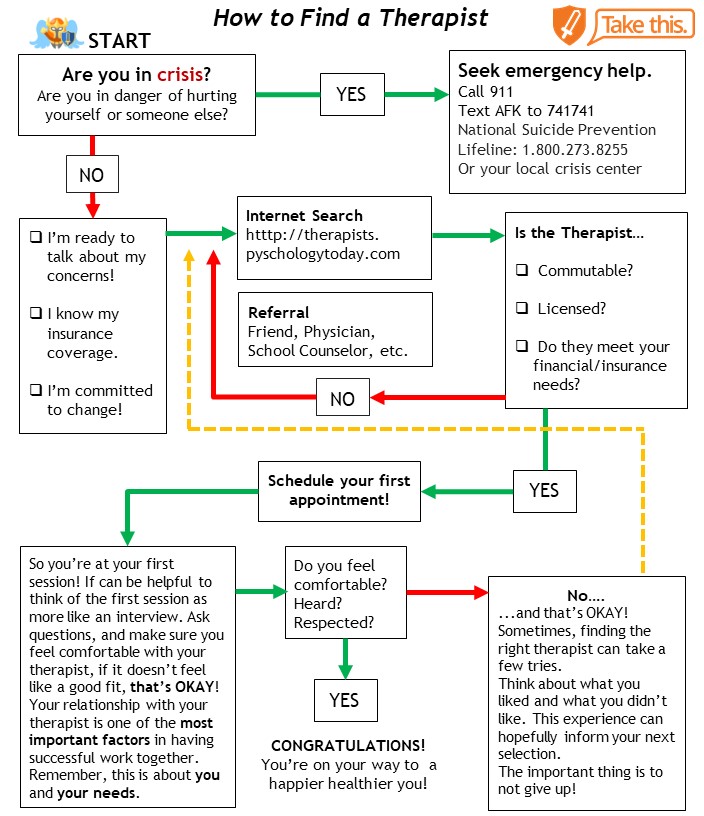 While there isn’t a way to do this on its app, you can contact BetterHelp’s Member Success team with the exact dates you’re looking to pause your membership. The team will then extend your membership per your dates. If you don’t know the exact dates you’ll be away, you can temporarily cancel your membership and pick back up where you left off when you’re ready.
While there isn’t a way to do this on its app, you can contact BetterHelp’s Member Success team with the exact dates you’re looking to pause your membership. The team will then extend your membership per your dates. If you don’t know the exact dates you’ll be away, you can temporarily cancel your membership and pick back up where you left off when you’re ready.
Why You Can Trust Us
We independently investigate and recommend products and services we believe will enrich the lives of our readers and meet their specific needs. You can read our full online therapy review methodology by clicking on the link below. We’ve spent many hours carrying out in-depth research on the online therapy market. You can trust our review because we did the legwork for you in these specific ways:
- Engaged in ongoing independent research
- Mystery shopped each of the brands
- Contacted brands’ customer service teams to ask questions and gauge responsiveness
- Consulted six leading psychologists and psychiatrists
- Became customers of online therapy providers ourselves
- Reviewed academic research about the efficacy of online therapy versus in-person therapy
- Read hundreds of verified customer reviews from trusted third parties such as BBB and Trustpilot
How We Review Online Therapy Platforms
Our reviews team extensively scrutinizes any online therapy platforms to make sure we only recommend those we believe will make a difference to our readers. Together, we’ve researched prominent brands through the experiences of real customers and consulted with independent mental health professionals to better understand why people seek out online therapy. Read more about our online therapy review methodology.
Together, we’ve researched prominent brands through the experiences of real customers and consulted with independent mental health professionals to better understand why people seek out online therapy. Read more about our online therapy review methodology.
The Bottom Line
According to our reviews team’s online therapy survey, 97 percent of BetterHelp users were satisfied with the care they received. Users appreciate its live audio and video sessions, unlimited messaging, user-friendly interface, financial assistance, and convenience, with a network of over 26,000 therapists.
The sign-up process takes less than 10 minutes, and our reviews team received counselor matches on multiple accounts in less than 24 hours. While some of the matches didn’t meet all of our therapist preferences, there was a clear attempt to balance our requested specialty areas and therapist attributes, like a non-religious therapist or one 45 or older.
BetterHelp counselors aim to reach out within 24 hours of your match. If you’re unhappy with your therapist, whether that’s before starting therapy or after a few sessions, BetterHelp makes it easy to switch. You can also see your therapist match and switch therapists before paying.
If you’re unhappy with your therapist, whether that’s before starting therapy or after a few sessions, BetterHelp makes it easy to switch. You can also see your therapist match and switch therapists before paying.
We also liked BetterHelp because of its overwhelmingly positive reviews online, including on Trustpilot and BBB.
In Emergency Situations
If you are in crisis, waiting for an online therapy appointment may not be safe. In case of an emergency, call 911. That includes plans to harm yourself or others. If you’re having suicidal thoughts, you can call the 988 Suicide and Crisis Lifeline by dialing 988. Help is available 24/7.
You can also reach out to the SAMHSA National Helpline at 800-662-HELP (4357). The SAMHSA help line is a free, confidential, 24/7, 365-days-a-year treatment referral and information service for individuals facing mental or substance abuse disorders.
Frequently Asked Questions
Is BetterHelp worth the money?
Whether or not BetterHelp is worth the money depends on your budget and whether the platform fits your needs. If you don’t have insurance or your costs with insurance are unaffordable, BetterHelp could be an affordable option at $240 to $360 per month.
If you don’t have insurance or your costs with insurance are unaffordable, BetterHelp could be an affordable option at $240 to $360 per month.
While BetterHelp isn’t an online therapy platform that accepts insurance, it is an FSA- and HSA-eligible expense. You get unlimited access to your counselor through unlimited text messaging, and weekly 30 to 45-minute video, phone, or chat sessions.
Is BetterHelp legitimate?
With so many online counseling platforms, you might be wondering which ones are legit. BetterHelp is a legitimate company that’s been accredited by the BBB since 2015. BetterHelp’s technology is compliant with privacy laws, and it provides a secure platform for users to interact with a counselor.
Our reviews team reached out to BetterHelp and confirmed that none of your personal information or communications with your therapist is ever shared with third-party advertisers. This includes your name, email, phone number, messages, diagnosis, session data, and worksheets.
BetterHelp notes that any user can go into the app and delete their personal information or request it be deleted by contacting them directly at [email protected]. To ensure that you are opted out of BetterHelp’s performance and targeting cookies, trackers that help companies advertise to you, check your privacy settings
How much does BetterHelp cost per month?
The standard fee for BetterHelp therapy is $240 to $360 per month. You can apply for financial aid on the payment page. If you qualify, you will receive a discounted price. Billing occurs every four weeks, and you pay for a month at a time.
BetterHelp vs. Talkspace: Which one is better?
The influx of online counseling platforms means users have access to a plethora of choices when evaluating the best online therapy platform. It also means you need to do some research to decide whether BetterHelp therapy is the right one for you. When evaluating BetterHelp versus Talkspace, it is important to know that the best virtual therapy site depends on your specific needs and preferences, as well as cost.
For someone looking for an online psychiatrist, it is important to know that Talkspace offers psychiatric services, and BetterHelp does not — meaning its therapists cannot prescribe medications for conditions like anxiety and depression. The standard plan on Talkspace does not come with any live video sessions, but the BetterHelp therapy subscription plan comes with one live video session each week. Also, some people prefer talking to a person during the intake and enrollment process, which Talkspace offers. BetterHelp uses an algorithm based on a questionnaire.
How to find a good psychotherapist, when and who needs his help
When a bright thought “isn’t it time to go to a psychotherapist” visits us, we are faced with two main problems: we know little about how to choose a specialist in this area, and at the same time it is not customary to discuss mental problems and their treatment in Russia. We are already in doubt whether there really is some kind of ailment or is it all far-fetched, but we still need to start talking about it with friends or calling doctors.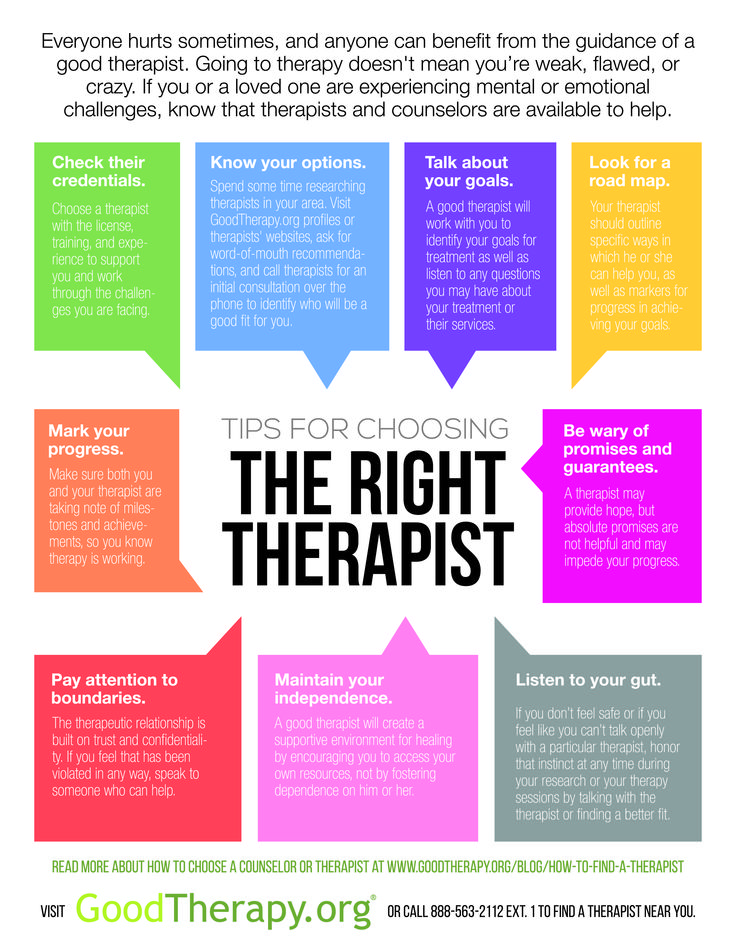 Difficulties and frightening uncertainty quickly become strong arguments in favor of "kill and wait what happens." We will not lie that choosing a psychotherapist is a quick and easy process, but we will help make it less scary and confusing. nine0003
Difficulties and frightening uncertainty quickly become strong arguments in favor of "kill and wait what happens." We will not lie that choosing a psychotherapist is a quick and easy process, but we will help make it less scary and confusing. nine0003
Psychologist, psychiatrist and psychotherapist - what's the difference?
Psychologist is not considered a doctor. He does not diagnose or prescribe medications. A psychologist will help you understand yourself: better understand your own desires and character, set goals and prioritize, identify what worries or annoys you, and simply make life better, easier and more enjoyable. Mentally healthy people who are temporarily in a difficult situation or are experiencing some kind of crisis get to such specialists. nine0003
Psychotherapist is a doctor with a specialization in psychiatry and a certificate in psychotherapy that a regular psychologist cannot obtain. You need to go to this specialist if you notice that your health has worsened and your behavior has changed. For example, you become angry more often or get tired more quickly, sleep poorly or cannot eat at all. You also need to go to a psychotherapist if a serious shock has happened in your life that you cannot cope with - the death or illness of a loved one, you have severely parted with a friend or partner, have become a victim of some kind of accident. Such situations, as a rule, seriously affect the psyche and health, so it is very important to stop the consequences. A psychotherapist can use psychological methods (just talk to you, give you various exercises, ask you to keep a diary of dreams and states) and prescribe medicines if you cannot cope with a problem without medication. nine0003
For example, you become angry more often or get tired more quickly, sleep poorly or cannot eat at all. You also need to go to a psychotherapist if a serious shock has happened in your life that you cannot cope with - the death or illness of a loved one, you have severely parted with a friend or partner, have become a victim of some kind of accident. Such situations, as a rule, seriously affect the psyche and health, so it is very important to stop the consequences. A psychotherapist can use psychological methods (just talk to you, give you various exercises, ask you to keep a diary of dreams and states) and prescribe medicines if you cannot cope with a problem without medication. nine0003
Psychiatrist is a doctor who deals with mental disorders and pathologies. His patients suffer from serious illnesses that can only be dealt with through long medication and therapy, and possibly even hospitalization. You are unlikely to get immediately to a psychiatrist, usually a psychotherapist refers him to him, believing that the patient has a more serious problem than he thought.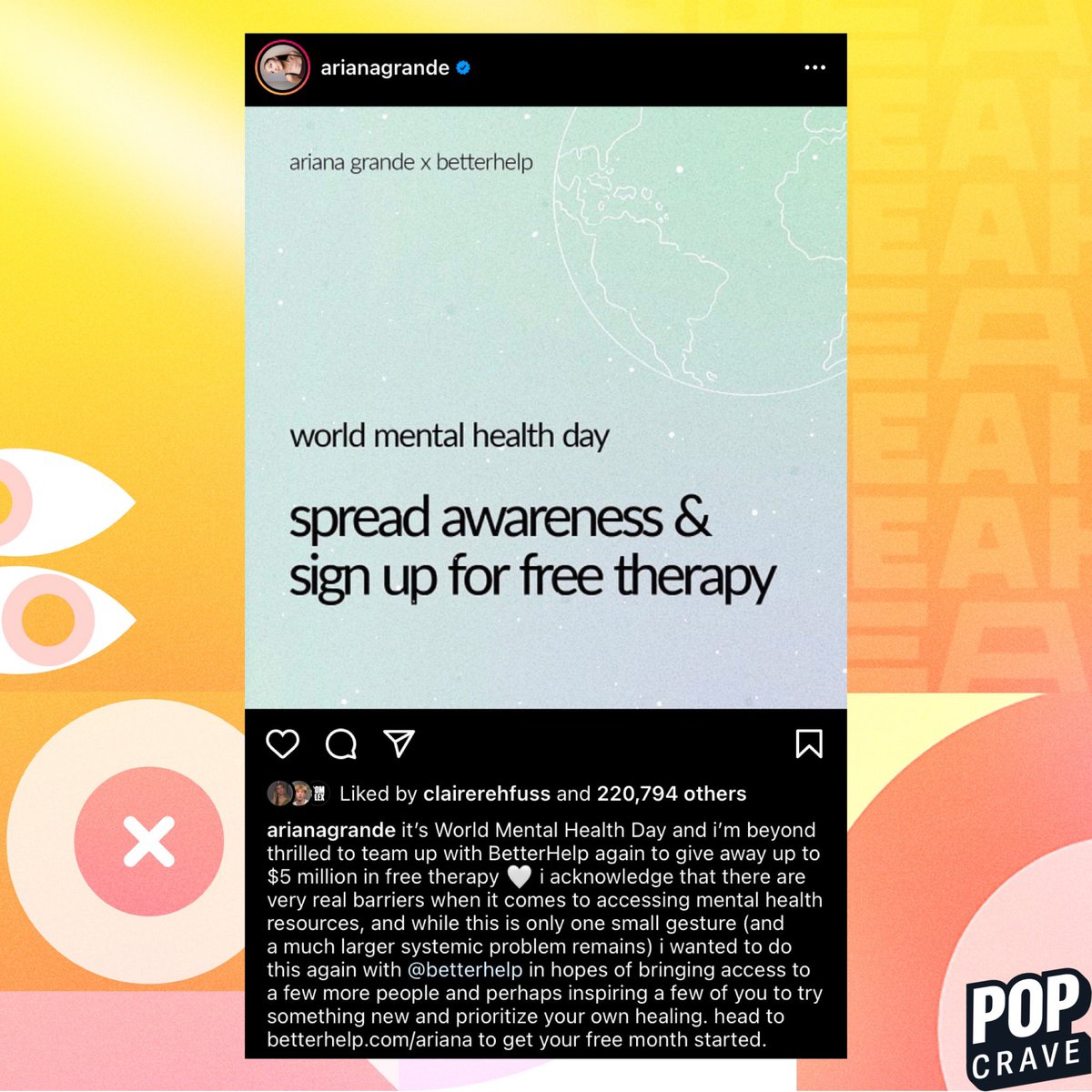 If you think that you are experiencing psychosis, schizophrenia, epilepsy, or a powerful phobia, you can go to a psychiatrist. In case of suicidal thoughts, you can contact both him and a psychotherapist. After a suicide attempt, patients are sent, as a rule, only to psychiatrists. nine0003
If you think that you are experiencing psychosis, schizophrenia, epilepsy, or a powerful phobia, you can go to a psychiatrist. In case of suicidal thoughts, you can contact both him and a psychotherapist. After a suicide attempt, patients are sent, as a rule, only to psychiatrists. nine0003
When is a psychotherapist needed?
You feel like you're not okay, but you don't see the situation as a stalemate. If you suspect that you are experiencing depression, bipolar disorder, burnout, apathy, or bulimia, for example, then go to a therapist.
How to find a good doctor?
Globally - by trial and error. You will not find a universal description of a good psychotherapist, because the degree of your comfort and trust in the doctor depends primarily on your character, life experience and habits. nine0003
7 tips for choosing a psychotherapist
1
Do not listen to your friends
It is believed that you should start your search for a psychotherapist with the recommendations of friends. Ask who went to which doctor and how much he helped to cope with the problem. In fact, this is not the best idea, because the therapist does not have to work with several people he knows. If your friend has already told the doctor something about you, this may affect the doctor's attitude towards your problems (it works the same way vice versa). nine0003
Ask who went to which doctor and how much he helped to cope with the problem. In fact, this is not the best idea, because the therapist does not have to work with several people he knows. If your friend has already told the doctor something about you, this may affect the doctor's attitude towards your problems (it works the same way vice versa). nine0003
2
Choose proven clinics
But you can listen to your friends when choosing a clinic. If they were satisfied with one doctor, most likely there are other good specialists in the institution. Explore the clinic's website, read reviews, check how long the hospital has been operating. Keep in mind that almost all private institutions guarantee anonymity, unlike public ones.
3
Pay attention to education and profession
When you choose a doctor on the clinic's website or call a candidate for your psychotherapist, pay attention to his education. The doctor must have a certificate in psychotherapy and a diploma in the specialty "psychiatry" (at least one).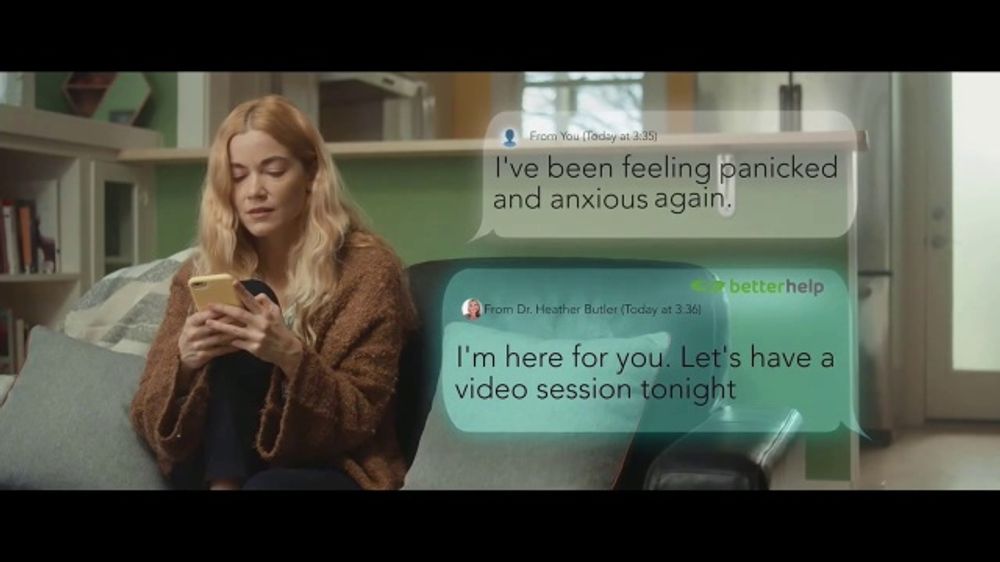 Having a degree and title is also a great sign of experience. Psychotherapists often participate in conferences and symposiums (they always mention this everywhere and hang diplomas), write books and scientific articles. You can find all this information about the doctor on the Internet. And be sure to ask how long the specialist has been practicing and therapy in order to know for sure that he not only writes books, but also works with clients. nine0003
Having a degree and title is also a great sign of experience. Psychotherapists often participate in conferences and symposiums (they always mention this everywhere and hang diplomas), write books and scientific articles. You can find all this information about the doctor on the Internet. And be sure to ask how long the specialist has been practicing and therapy in order to know for sure that he not only writes books, but also works with clients. nine0003
4
Run if you are prescribed pills right away
Yes, the therapist can prescribe pills, but should not do so at the first meeting. Most antidepressants, neuroleptics and psycholeptics are very strong drugs that can even make you feel worse for a while (almost all drugs have a cumulative effect and a lot of side effects and can be addictive). Mental illness, unlike influenza, tonsillitis, and even venereal disease, cannot be recognized on examination and on the basis of test results. You need to attend several sessions so that the therapist understands exactly what problem you are facing and how serious treatment you need.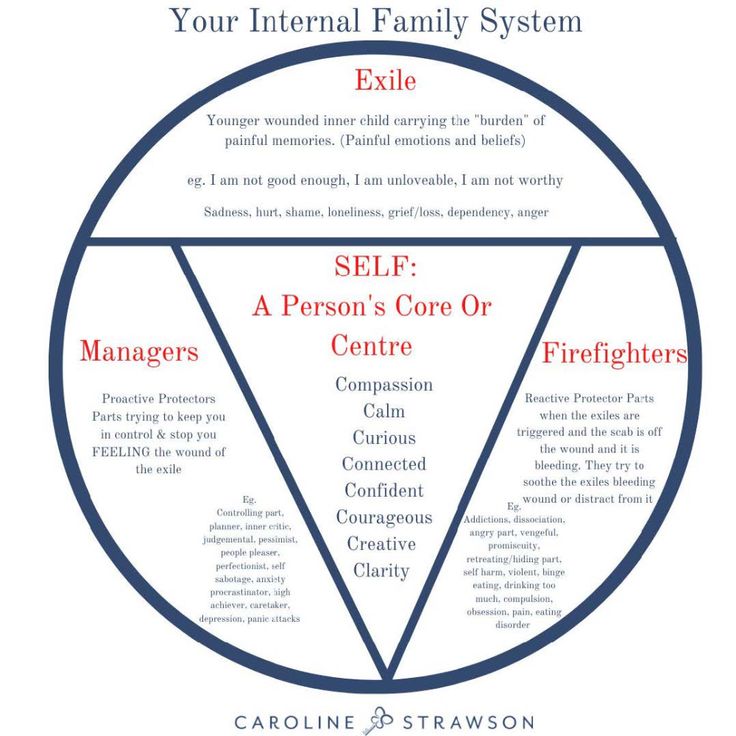 From the very first minutes, even the most experienced doctor will not be able to accurately determine the ideal antidepressant and dosage for you. nine0003
From the very first minutes, even the most experienced doctor will not be able to accurately determine the ideal antidepressant and dosage for you. nine0003
5
Take a closer look at the office
The setting and atmosphere is very important. You don't want to be frank in a gray and white office with metal furniture and thick layers of dust. You should feel comfortable during the session. That is why many psychotherapists come to clients at home or host, and not in the clinic. Some doctors suggest talking face to face - then you should be comfortable sitting in a chair. Other therapists suggest lying down on an ottoman or sofa and avoiding eye contact if it is confusing. Then, of course, you should be comfortable and pleasant to lie with a stranger (not everyone is capable of this). nine0003
6
Don't quit after the first session
If you haven't been jammed with powerful doses of antidepressants and neuroleptics right from the door, do not rush to quit the doctor immediately after the first session. Several meetings, in order to accurately diagnose, are needed not only for him, but also for you. Of course, at first it is difficult to relax and trust the therapist. Both you and he carefully probe the ground and look for the boundaries of trust. To see if the doctor is right for you or if you need to go looking for another specialist, give each other at least one more chance. Moreover, this way you can more accurately understand what exactly you did not like. nine0003
Several meetings, in order to accurately diagnose, are needed not only for him, but also for you. Of course, at first it is difficult to relax and trust the therapist. Both you and he carefully probe the ground and look for the boundaries of trust. To see if the doctor is right for you or if you need to go looking for another specialist, give each other at least one more chance. Moreover, this way you can more accurately understand what exactly you did not like. nine0003
7
Stay away from the doctor
The therapist should suit you: you feel comfortable and at ease with him, you can trust him, he does not cause you rejection or other negative emotions. But in no case should he be your friend. And even more so, you can’t start an affair or an affair with a doctor. If the therapist allows himself excessive attempts to get close in any sense of the word, immediately stop therapy, otherwise you will have to treat it three times harder later.
You might also be interested in:
Burnout: the main problem of modern society in the world
How to deal with attacks of aggression?
Photo: giphy
Do you check your email often? Let there be something interesting from us.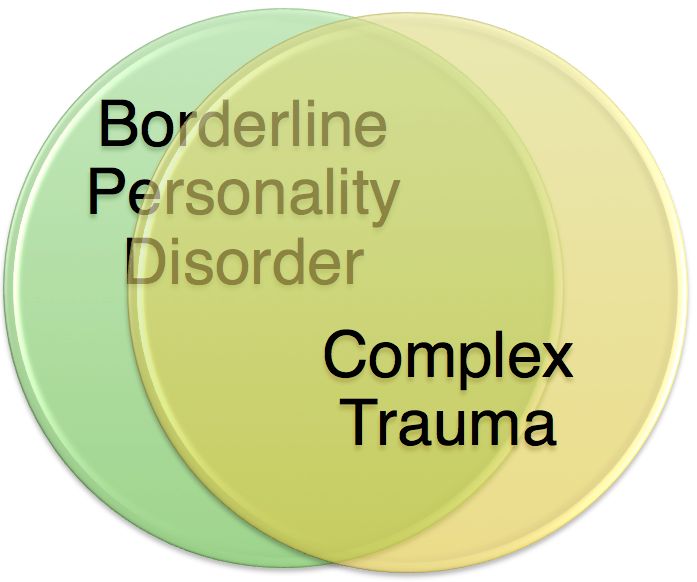
How to choose a psychotherapist? — Meduza
1
Are psychotherapists and psychologists the same thing?
Not really. I must say that this is a rather difficult question, because there are two traditions of using the word "psychotherapist". Some believe that only psychiatrists who have mastered the methods of non-drug treatment developed within the framework of medicine (for example, medical hypnosis) can be called psychotherapists. Such specialists refer, in particular, to the order of the Ministry of Health, which allows only people with the education of psychiatrists to work as psychotherapists. Others believe that psychotherapeutic help can be provided by clinical psychologists trained in one of the branches of psychotherapy, which historically developed within the framework of psychology, not medicine, and work with the psychological rather than medical needs of clients. The activities of such specialists are regulated, for example, by the law of the city of Moscow. In these cards, we proceed from the ideas of the second, "psychological" school. nine0003
In these cards, we proceed from the ideas of the second, "psychological" school. nine0003
So what is the difference between a psychotherapist and a psychologist? A psychotherapist should have a psychological education, but not all psychologists are trained to work as a psychotherapist. A psychologist can do research: for example, study how thinking and memory work, the psychology of large and small groups, or solve practical problems: diagnose individual and personal characteristics of a person, engage in recruitment, proper organization of the workplace, and the like.
Amendment. This chapter has been substantially revised since publication. The first version did not mention that there were two different approaches to the educational background needed to work as a psychotherapist.
2
Why go to a psychotherapist?
There may be different reasons and goals. You should go for a consultation with a psychotherapist if something does not suit you, this continues for some time, and the situation does not change. For example, you are worried about how long your resentment lasts for a casual remark from a colleague; how is your relationship with your husband or wife; how you break down and yell at a child; how every time you open your computer you get stuck on facebook for hours or how you panic every time you take a flight. nine0003
For example, you are worried about how long your resentment lasts for a casual remark from a colleague; how is your relationship with your husband or wife; how you break down and yell at a child; how every time you open your computer you get stuck on facebook for hours or how you panic every time you take a flight. nine0003
3
What is psychotherapy anyway?
Literally - "treatment of the soul." Modern psychotherapy is a conversation of a psychotherapist with a person or several people (for example, members of the same family). The therapist builds a conversation in such a way as to help you cope with your problem or solve the problem that you set for yourself. During the conversation, the psychotherapist is aware of his professional tasks and adheres to a certain logic and style of communication with the client. In this way, psychotherapy differs from friendly communication and emotional conversation with a fellow traveler on a train. The choice of logic and style of communication depends on the type of psychotherapy - the principles and methods of the psychotherapeutic school to which the specialist belongs. nine0003
nine0003
4
Can you give an example?
Yes. Let's say a child is not learning well. Both he and his parents suffer from this. If parents cannot cope with this difficulty, they turn to a psychotherapist for help. For example, a cognitive-behavioral psychotherapist, using his methods, will help the child learn to respond to difficult situations differently than panicking or answering "just what", if only everyone would fall behind. He will communicate with his client like a training expert. nine0003
A psychotherapist working in the logic of humanistic psychotherapy will try to build a conversation with the child so that he can gradually express, name all his fears, resentments, aspirations, accept himself and thereby gain self-confidence. It is often a slow process of supportive, "accepting" and empathetic conversations that develop without specific goals.
A systemic family therapist may discover that a child's poor grades are a link in some kind of chain of relationships in the family.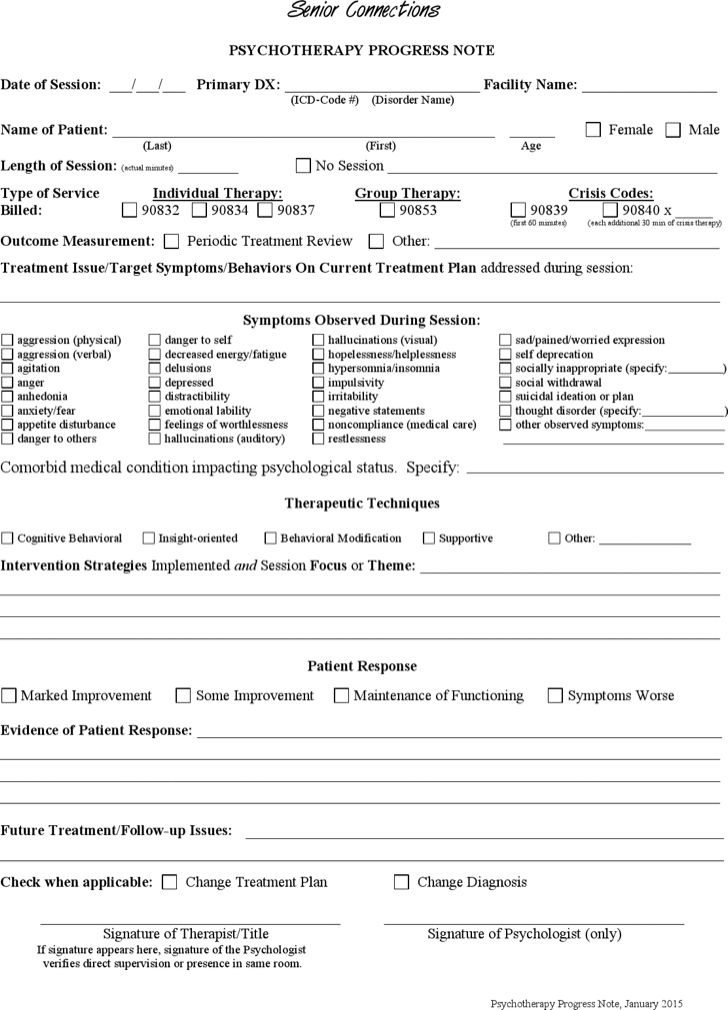 And, imperceptibly to everyone, the problems of the child somehow regulate the relationship between parents - for example, they serve as one of the few reasons for spouses to communicate with each other. And then it will be possible to get rid of difficulties by rebuilding interaction in the family. nine0003
And, imperceptibly to everyone, the problems of the child somehow regulate the relationship between parents - for example, they serve as one of the few reasons for spouses to communicate with each other. And then it will be possible to get rid of difficulties by rebuilding interaction in the family. nine0003
5
So the therapist only talks and that's it?
No, not all. In addition to talking, psychotherapists use special exercises, create game situations, joke and even give homework. For example, a psychotherapist may ask you to imagine that one of your loved ones is sitting in an empty chair and ask you to talk to him; write down all the thoughts that come to your mind when you are experiencing a state that you want to get rid of; discuss a conflict topic with a husband or wife, acting according to certain rules; notice only all successfully completed (and not vice versa) household chores by your child. The main thing is that the psychotherapist should know exactly why all this is necessary, and be able to explain the logic of his prescriptions - otherwise he is not a professional. nine0003
nine0003
6
Well, is psychotherapy effective?
Yes, quantitative studies show the effectiveness of psychotherapy, for example, in getting rid of clinically recorded symptoms.
It is experimentally proved that the effect of psychotherapeutic treatment of depression and anxiety disorders is observed in people of all ages and social strata, it is comparable to drug treatment and lasts longer.
Research is underway trying to detect even an increase in the number of neural connections as a result of the psychotherapeutic process (however, as with any quantitative measurement in such a complex system, there are many questions - for example, about the controllability of all influencing factors). nine0003
The question of comparing the effectiveness of psychotherapeutic approaches with each other is regularly raised (behavioral methods are leading here, but opponents indicate that this may be due to the clear structure and focus of these methods on a specific result).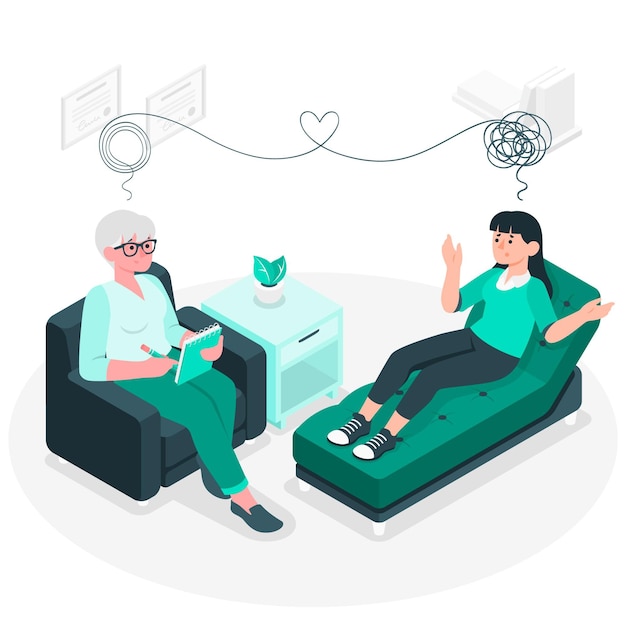
It is important to bear in mind that different methods of psychotherapy are aimed at different results. For example, behavioral therapies should help overcome a symptom, a phobia, or help change a way of behaving. Systemic psychotherapy works for functional changes: there was a ground for intra-family violence and disappeared, there were marital conflicts - they are gone. But in some approaches there is a focus on changes that are not so easy to quantify or they are not universal, but their effect is no less valuable for a particular client. nine0003
7
How to choose a psychotherapist? Is there any criterion?
There is no single criterion. It is best to use the recommendation of a person with whom the therapist has worked successfully. It is also necessary to ask about the education and training of the specialist. With all the conventions and ambiguities, Russian good universities and programs are more or less known. For example, there are several master's programs in various areas of psychotherapy at the Higher School of Economics, there is a faculty of clinical psychology at the Moscow State University of Psychology and Education; there are retraining programs for psychotherapists at the same Higher School of Economics and Moscow State University. Lomonosov, centers for training specialists in various fields - for example, Gestalt therapy. nine0003
Lomonosov, centers for training specialists in various fields - for example, Gestalt therapy. nine0003
You can ask what direction of psychotherapy the specialist considers “his own”, and then find out more about this direction itself. Another important sign of professional training is the membership of a specialist in professional organizations.
Finally, it is important whether the psychotherapist is able to clearly explain something to you, to answer your questions, including about his specialization.
And one more thing: you cannot ignore your own feelings, your well-being after consultations. You - with all the reservations - should feel better after them, not worse. nine0003
8
Who should not contact?
The first rule is to beware of impostors. Unfortunately, they meet. Inadequately high prices for a consultation and inadequate promises (for example, about quick - "in one, maximum two sessions" - terms for solving the problem) should serve as a warning. Suspicion should also be caused by free assistants, with the exception of employees of state psychological assistance centers. The helping specialist must have a clear professional motivation - to receive money for work. Otherwise, he can solve some of his own psychological problems with the help of clients (this is called rent motivation) or put into practice "fateful ideas". You should also beware of those who immediately begin to lecture you, intimidate you with something, or involve you too actively. nine0003
Suspicion should also be caused by free assistants, with the exception of employees of state psychological assistance centers. The helping specialist must have a clear professional motivation - to receive money for work. Otherwise, he can solve some of his own psychological problems with the help of clients (this is called rent motivation) or put into practice "fateful ideas". You should also beware of those who immediately begin to lecture you, intimidate you with something, or involve you too actively. nine0003
In addition, in psychotherapy there are concepts of professional ethics, although they may differ slightly among specialists in different areas. Nevertheless, a professional, as a rule, does not begin to be friends with his clients, does not seek meetings with them in an informal setting, and only in special cases can come to their home. An intimate relationship with a client is a direct violation of professional ethics. It is best to report such cases to professional organizations so that such a person does not harm others.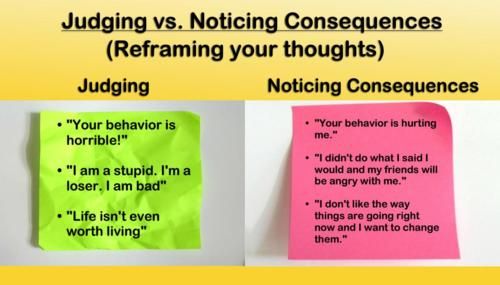 nine0003
nine0003
9
Sometimes a therapist is good but "not right"?
Yes, it happens. Human contact is influenced by so many different factors and contexts that it may simply not work. In addition, the style or logic of the work of some psychotherapist, his temperament may not suit you. Or you just turned to the wrong specialist. For example, you are waiting for support in solving a specific problem, and a work style aimed at your personal growth does not suit you. Or you came with a relationship problem to a specialist who deals with getting rid of psychosomatic diseases. In this case, the professional will tell you about it himself and try to refer you to a suitable specialist. Sometimes a specialist believes that his colleague works better with young children or, for example, with addictions - one way or another, each of them has a specialization within his psychotherapeutic approach - for some it is wider, for someone narrower. In addition, there are restrictions associated with the rules of work - for example, a family therapist cannot help you build relationships with your wife and complete them with your mistress at the same time.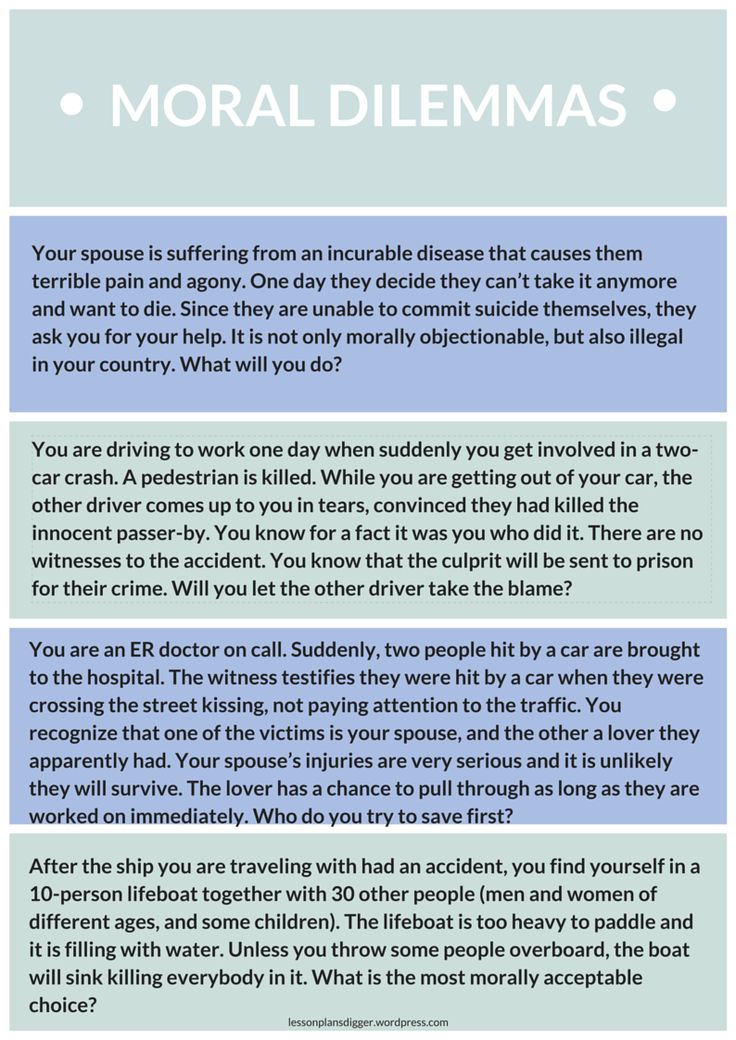 To work with the second task, another psychotherapist is needed. Well, there may be time limits - for example, while experiencing his own loss, a psychotherapist may be temporarily ineffective in working with such a topic (it is assumed that he himself is working with a psychotherapist on this). nine0003
To work with the second task, another psychotherapist is needed. Well, there may be time limits - for example, while experiencing his own loss, a psychotherapist may be temporarily ineffective in working with such a topic (it is assumed that he himself is working with a psychotherapist on this). nine0003
10
How much does a consultation with a psychotherapist cost?
The price range in Moscow is approximately from one and a half to 10 thousand per hour. Usually professionals go to meet people in difficult financial situations. The system of state psychological centers has already been mentioned: for example, in Moscow there is an extensive network of the Moscow City Psychological Service. Another opportunity to get help is to participate in therapy sessions observed by psychotherapy students. Your payment then becomes that you allow, as a rule, a small group of students (who have received basic training and know all the ethical requirements for such work) to observe the process of your work with a professional. You should look for such an opportunity on the websites of professional training programs for specialists (for example, the website of the Master's Program in Systemic Family Psychotherapy). You can turn to a beginner, but a professionally trained specialist - they usually work for less pay. nine0003
You should look for such an opportunity on the websites of professional training programs for specialists (for example, the website of the Master's Program in Systemic Family Psychotherapy). You can turn to a beginner, but a professionally trained specialist - they usually work for less pay. nine0003
11
By the way, who is a psychiatrist?
This is a doctor. Psychiatrists treat painful mental and difficult emotional states with drugs, considering these conditions within the existing list of medical diseases.
A psychotherapist, unlike a psychiatrist, does not make a diagnosis, but rather puts forward a hypothesis about the cause of the existing difficulty or formulates together with you what the solution you or your family will need will look like.
Despite the differences between the medical and psychotherapeutic models, these professionals each work effectively in their own professional field and, if necessary, can cooperate productively. Turning to a psychotherapist, you should be prepared for the fact that he may ask you to visit a doctor.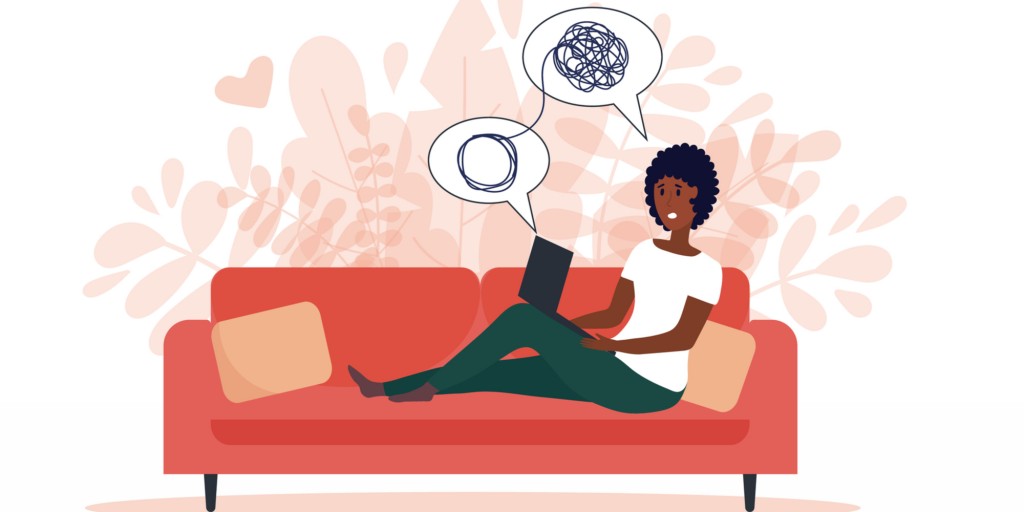 It is also useful to give the psychotherapist the contact details of your doctor if you are already visiting him - their communication can only improve the result of the help you receive. nine0003
It is also useful to give the psychotherapist the contact details of your doctor if you are already visiting him - their communication can only improve the result of the help you receive. nine0003
12
If you don't want to live, who should you go to?
You can go to a professional psychotherapist, you can go to a psychiatrist. Each of them must do whatever it takes to help you. At the same time, if they are really professionals, then the psychotherapist, having assessed the situation, can, as mentioned above, send you to a doctor - perhaps continuing to work with you, or interrupting this work for a while, or even simply "transferring" you to the doctor. The doctor, having assessed your life difficulties (relationships with someone, attitude towards yourself, traumas experienced), may consider that in addition to the medicinal effect, psychotherapeutic work will be useful to you. Most importantly, if this condition lasts for any length of time, seek help! At least call - on helplines, to crisis centers.![]() There are people who are ready to help you, but for this you need to take the first step. nine0003
There are people who are ready to help you, but for this you need to take the first step. nine0003
All-Russian round-the-clock free psychological help line for cancer patients and their relatives: 8-800-100-0191
Moscow service for psychological assistance to the population: from the city phone - 051 (free of charge), from Beeline, Megafon, MTS phones - 8-495-051 (only services of telecom operators)
Children's helpline - 8-495-624-6001, 8-800-2000-122
13
And the last. Who are psychoanalysts? nine0099
These are also psychotherapists. They practice psychoanalysis, a trend founded by Sigmund Freud at the end of the 19th century. The training of psychoanalysts takes many years and requires painstaking work - the study of theory, many years of personal therapy, working with client cases (in the beginning, literally - one or two) under the strict supervision of an experienced psychoanalyst. The student goes through one after another stage of training within the framework of the international association.

